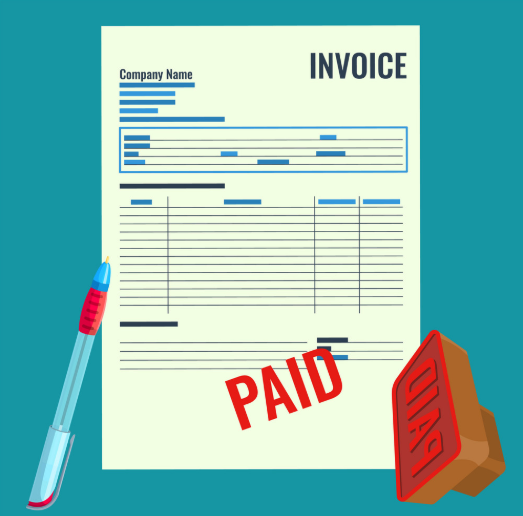Factoring: What Is It Good For?
As a business owner, it can sometimes be a challenge to grow your business when the opportunities arise. Invoice factoring and other forms of non-traditional financing can help you have greater freedom with your expanding company, your cash-flow and even your projects. According in
Investopedia, a factor is an intermediary agent that finances receivables. A factor is essentially a funding source that agrees to pay the company the value of an invoice less a discount for commission and fees. This financing option is an advance on the work you have already completed, it does not necessarily rely on your credit history or cash flow. This extra capital can help you purchase the equipment and supplies you need for the work you have scheduled.
Factoring Overview
How It Can Work for You
Accounts receivables are unpaid invoices which are not past-due. This means when you finish your project and give a customer their invoice, they still have between thirty and ninety days to pay for the items and services. When you factor these invoices, you are selling them to a third-party for an advance on the total.
Factoring can be difficult at times and can be more of a hassle for your company than it is worth. For example, some factors will outright buy your invoices while some will just use them as collateral on the advance. If the A/R is only used as collateral, then you will retain control of the collecting process. The first option has more of an impact on your clients than the second. However, it does free up more of your time for other business activities.
How You Can Get It
To use this type of financing, you first need to find a factor who works with companies in your industry. This can help you find not only the best rates, but also knowledgeable people who can understand the financial needs and worries of your company. You can then compare these factors to see which have the best terms available and complete the application process.
Summary
Factoring can help you better manage your cash-flow before starting new projects or during the slower periods of your company. You should make sure that you understand all of the terms and conditions of this financing option before signing up. You can do this by thoroughly researching the process as well as the factors and how accounts receivable can help your company’s individual needs. If you are interested in learning more about Factoring,
click here and speak with a professional.














